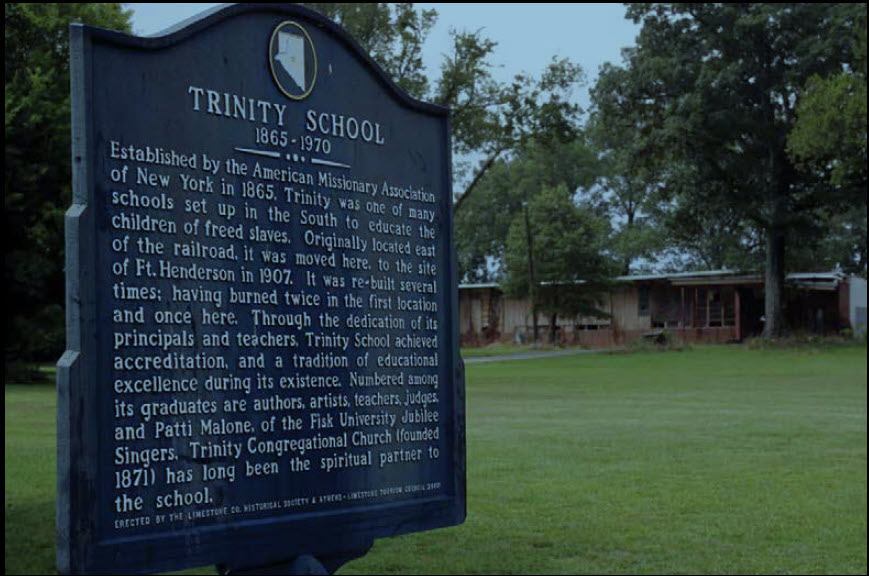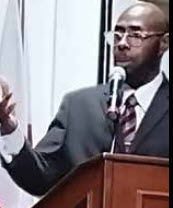Black History Month highlights the resilience, achievements, and contributions of African Americans throughout history. Trinity High School in Athens, Alabama, is one such example. Founded after the Civil War by the American Missionary Association with the support of individuals such as George Freeman Bragg and Mary Smith Peake, it provided education to formerly enslaved individuals and their descendants. This institution became a symbol of hope, demonstrating that education could shatter barriers and open doors for future generations.
One of Trinity High School’s most distinguished alumni is C. Eric Lincoln, a renowned scholar, author, and social historian. Lincoln’s groundbreaking work on race, religion, and African American culture has left an enduring legacy. He authored several influential books, including The Black Church in the African American Experience and The Avenue, Clayton City, which won the Lillian Smith Book Award. Lincoln’s work continues to shape conversations around racial justice, religion, and identity in America. His achievements reflect the foundation of excellence and empowerment instilled by Trinity High School.
Beyond Lincoln, many other graduates of Trinity High School went on to excel in their fields, becoming educators, community leaders, and change-makers. Alumni like Dr. Peter Myles, who became a respected educator and civil rights advocate, and prominent leaders like Alma Boyd Weeks, who dedicated her life to improving education in her community, demonstrate the transformative impact of Trinity High School. These individuals embodied the school’s values of perseverance, faith, and service, carrying its legacy forward in meaningful ways.
At the heart of Trinity High School’s mission was faith—not just in their Creator, which was most important for them, but in the inherent worth and potential of every student. The founders believed that education was the key to breaking the shackles of bondage, instilling in their students a sense of dignity, purpose, and belief in their God-given talents. This spiritual and academic foundation empowered students to overcome adversity and strive for a better future, making Trinity High School much more than just a place of learning—it was a source of hope.
The courage and dedication of Trinity High School’s leaders and educators remain an inspiration today. They not only imparted knowledge but also modeled the strength and unity required to overcome challenges. Their commitment to investing in others exemplified the principle of giving back to the community, leaving a lasting impact on Athens and the Limestone County area. Trinity High School became a cornerstone of education and progress, shaping generations of leaders and fostering a spirit of resilience and cooperation. Freedmen churches also played a significant role, providing essential support in establishing educational opportunities and serving as pillars of strength for the community. During Black History Month, their story reminds us of the importance of uplifting others, honoring our collective history, and continuing the fight for justice and equality.
Trinity High School’s legacy also underscores the responsibility to equip younger generations with knowledge, Christian values, and a sense of history. Committed to the nurturing of young minds, the educators at Trinity prepared their students to surpass the accomplishments of previous generations. The story of Trinity High School, along with remarkable figures like C. Eric Lincoln and its many other accomplished graduates, is a testament to the power of faith, education, and courage to shape a brighter future for all.
By: Eric Betts, Assistant Professor | Course Developer, Hampton University School of Religion







